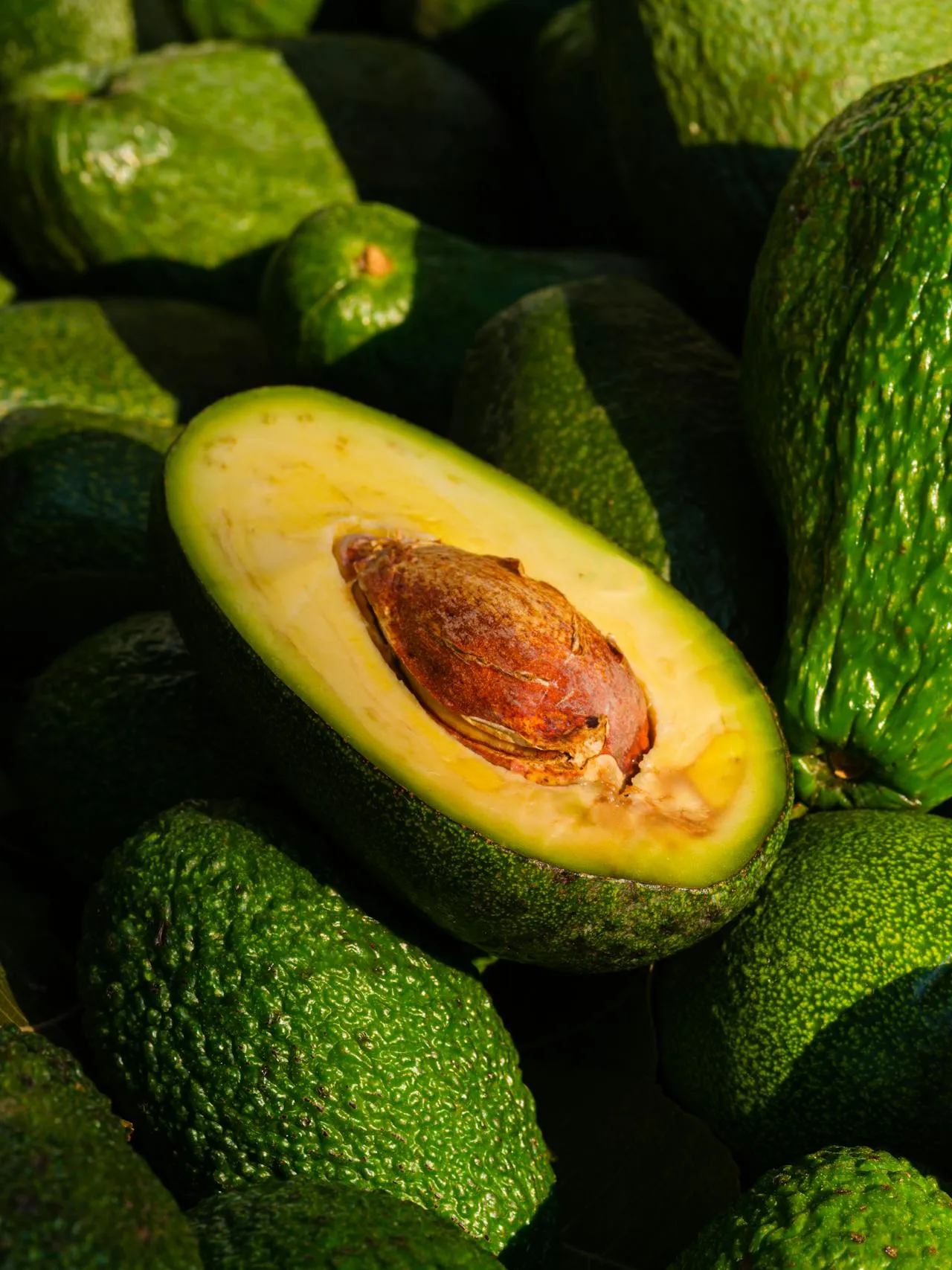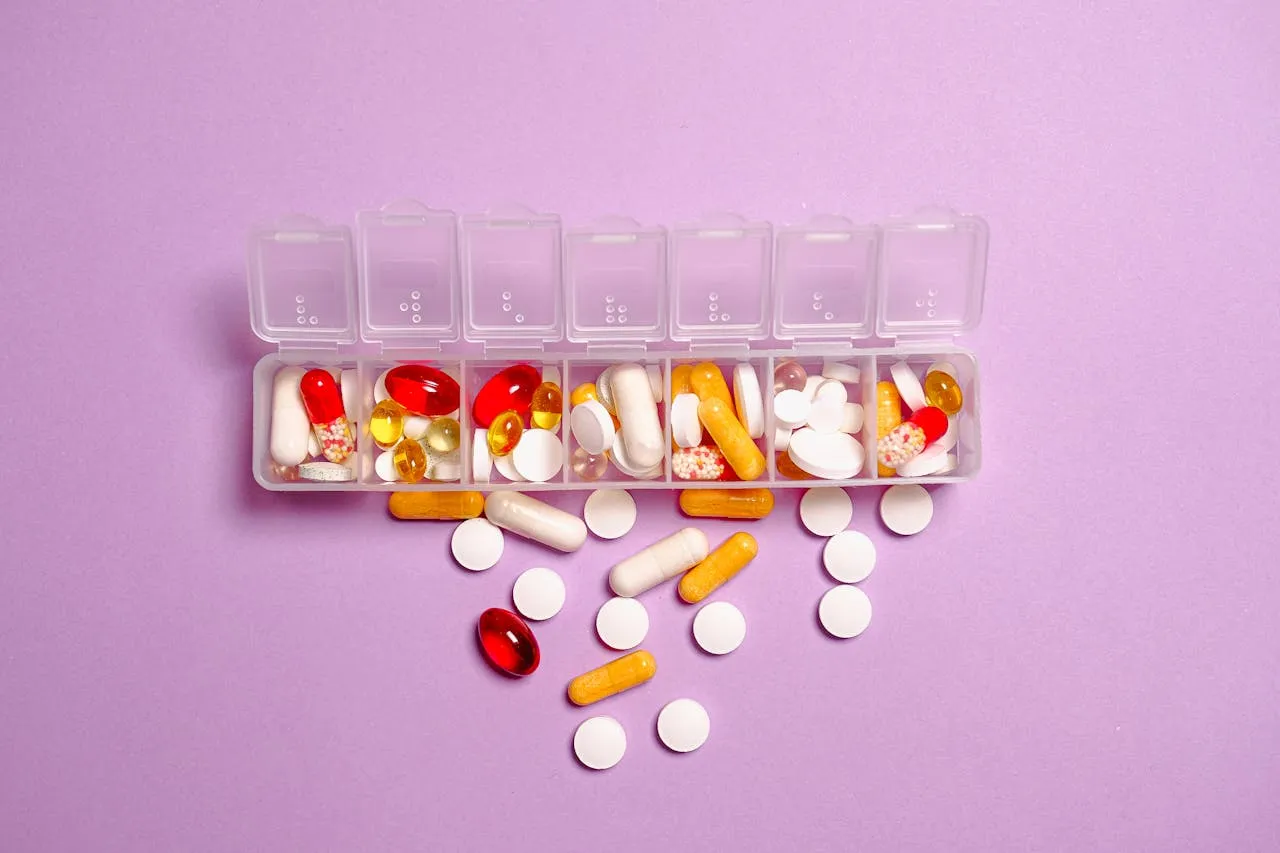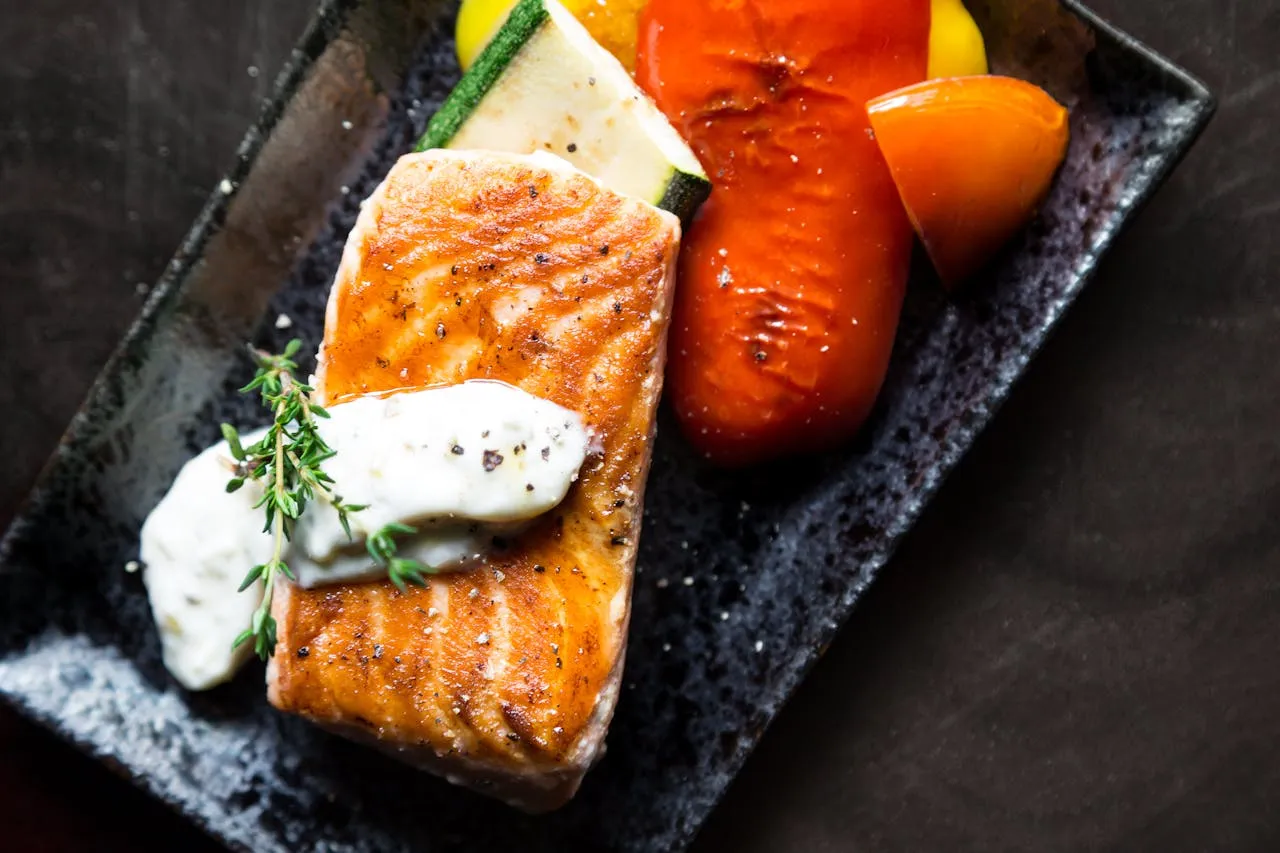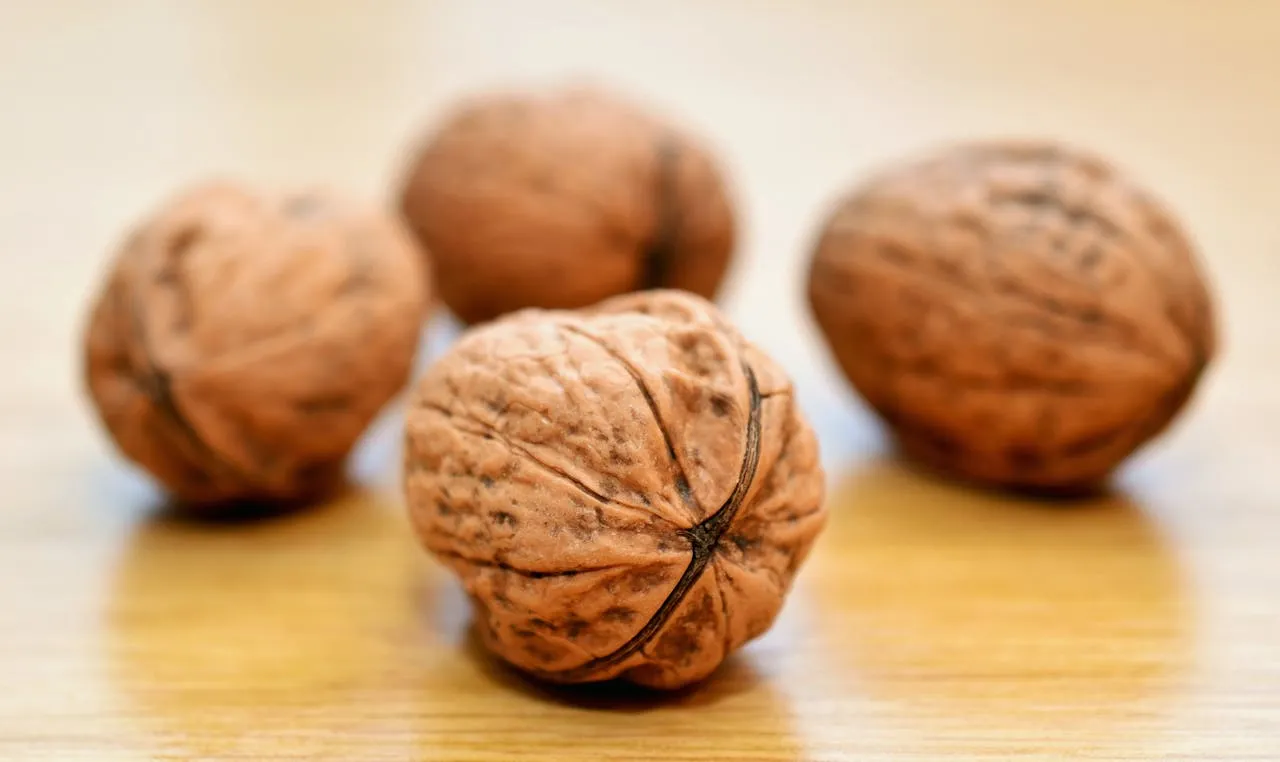 Tuesday, April 29, 2025
Tuesday, April 29, 2025Hormones and Fitness: How Nutrition Affects Your Testosterone Levels
Testosterone is arguably the most crucial anabolic hormone in the body when it comes to muscle growth, performance, and body composition. It not only influences physical strength and recovery but also affects general well-being, libido, and even mental balance. Many associate testosterone exclusively with the male sex; however, it is equally significant for women – albeit in lower concentrations.
The production of testosterone occurs primarily in the testes (in men) or the ovaries (in women), and to a lesser extent in the adrenal cortex. This complex process is regulated by a hormonal cascade that is influenced, among other factors, by luteinizing hormone (LH) and gonadotropin-releasing hormone (GnRH). Interestingly, testosterone production is not static; it is heavily influenced by sleep, stress, training, and, above all, nutrition.

Why is Testosterone So Crucial for Fitness?
A high natural testosterone level results in:
- faster muscle protein synthesis
- higher maximum strength values
- reduced fat accumulation, particularly in the abdominal area
- increased motivation during training
- shorter recovery times
- protection against overtraining through better hormonal balance
Conversely, a low testosterone level can lead to the opposite effects: muscle loss, fatigue, decreased motivation, poor mood, and even a loss of libido are typical consequences. Particularly during intense training or dieting phases, a drop in hormone levels can promote performance plateaus or injuries.

Nutrition as a Hormone Booster
Nutrition is one of the most effective levers for naturally supporting testosterone levels. Certain nutrients promote the body's own synthesis or prevent excessive breakdown. Conversely, some foods may indirectly inhibit testosterone, such as those that increase estrogen or cortisol levels.
The Role of Healthy Fats
Fats are not "the enemy," as they have often been portrayed in outdated diet concepts. In fact, they are essential for the production of all steroid hormones, including testosterone. Studies have shown that a diet too low in fat impairs endocrine function. Particularly monounsaturated fatty acids (e.g., from olive oil, avocados) as well as saturated fats (e.g., from eggs, butter in moderation) are beneficial.
A review published in the Journal of Steroid Biochemistry (2000) confirmed that men who derived about 30-35% of their calories from fats had significantly higher testosterone levels than those with less than 20% fat intake.

Proteins – Good, but in Balance
Sufficient protein is crucial for muscle growth and hormone regulation. However, excessive protein intake combined with insufficient fat consumption can be counterproductive. A study from 1987 (Volek et al.) showed that athletes on a high-protein/low-fat diet could experience a decrease in testosterone levels – likely due to reduced cholesterol availability.
Micronutrients with Hormonal Influence
- Zinc: Essential for LH production. A deficiency drastically lowers testosterone. Zinc can be found in pumpkin seeds, meat, and oysters.
- Magnesium: Supports the bioavailability of free testosterone. Studies have shown positive effects with supplementation.
- Vitamin D: Particularly relevant in cases of deficiency. A low vitamin D level strongly correlates with low testosterone values.
- Boron: Less well-known but effective. Studies indicate an increase in free testosterone with boron supplementation.

Sugar, Alcohol, and Hormonal Dysbalance
An excessive intake of sugar, refined carbohydrates, and alcohol increases insulin resistance and promotes the release of cortisol – the “stress hormone,” which acts as an antagonist to testosterone. Additionally, alcohol amplifies the activity of the enzyme aromatase, which converts testosterone into estrogen. The consequences: muscle loss, fat accumulation, and reduced drive.

Phytochemicals: Friend or Foe?
Phytoestrogens from soy or flaxseed have been criticized for potentially diminishing testosterone's effects. While moderate amounts in a varied diet are generally harmless, some studies suggest that extremely high soy intake (over 100 mg isoflavones/day) may lower free testosterone levels. Here, balance is essential.
Table: How Foods Can Affect Your Testosterone Levels
| Food/Nutrient | Effect on Testosterone | Why? |
|---|---|---|
| Eggs (with yolk) | Increasing | Contain cholesterol and healthy fats – building blocks for hormones |
| Avocados | Increasing | Good source of monounsaturated fats |
| Oysters, pumpkin seeds | Increasing | Rich in bioavailable zinc |
| Spinach, almonds | Increasing | High magnesium content |
| Salmon, mackerel | Increasing | Omega-3 fats, vitamin D |
| Broccoli, cauliflower | Indirectly increasing | Lower estrogen levels, promote testosterone effects |
| Soy in large amounts | Potentially decreasing | Contains phytoestrogens |
| Sugar, white flour, sugary drinks | Decreasing | Increase insulin, promote fat gain and cortisol release |
| Alcohol (especially beer) | Decreasing | Inhibits LH production, promotes aromatase |
| Vitamin D (sunlight, fish, supplements) | Increasing | Supports hormonal balance |
| Boron (plums, dried figs) | Increasing | Increases free testosterone according to studies |

Practical Tips for Nutrition
- Regularly consume high-quality fats: e.g., eggs, nuts, olive oil, fatty fish
- Avoid highly processed foods and industrial sugar
- Ensure an adequate intake of zinc, magnesium, and vitamin D
- Consume alcohol only in moderation, ideally rarely
- Utilize intermittent fasting or carbohydrate cycling strategically – but without creating excessive caloric deficits
- Regularly have your blood values checked, especially in winter (vitamin D!)

Conclusion: Nutrition as a Tool for Increasing Testosterone
Testosterone is far more than just a “muscle hormone.” It influences energy, motivation, metabolism, and body composition. Through targeted nutrition, you can naturally stimulate and stabilize your body's own production. The combination of healthy fats, the right micronutrients, and the avoidance of hormone-disrupting substances lays the foundation for an optimal hormonal environment. In combination with adequate sleep, reduced stress, and intelligent training, nutrition thus forms a crucial pillar for sustainable progress – both in the gym and in daily life.


